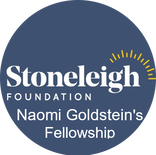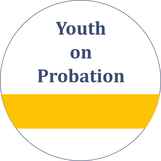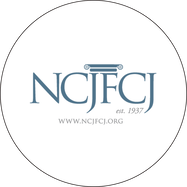Juvenile Probation Transformation.
The Juvenile Justice Research and Reform Lab has partnered with more than 200 counties across the country to reform juvenile probation systems to facilitate youths' successful completion of probation, enhance public safety, and create a more equitable system. The lab also researches the impacts of juvenile probation policies and practices to inform effective and sustainable system change.
Guided by research on adolescent development, procedural justice, and best practices in youth behavior change, Dr. Goldstein and the JJR&R Lab collaborate with juvenile justice stakeholders to restructure juvenile probation policies and practices so that expectations placed upon youth under court supervision align with adolescents' developmental decision-making capacities. The goals of this work are to incorporate effective behavior change techniques into juvenile probation practices to enhance youths' abilities to successfully complete probation, reduce recidivism, and promote long-term positive outcomes for young people and their communities.
Guided by research on adolescent development, procedural justice, and best practices in youth behavior change, Dr. Goldstein and the JJR&R Lab collaborate with juvenile justice stakeholders to restructure juvenile probation policies and practices so that expectations placed upon youth under court supervision align with adolescents' developmental decision-making capacities. The goals of this work are to incorporate effective behavior change techniques into juvenile probation practices to enhance youths' abilities to successfully complete probation, reduce recidivism, and promote long-term positive outcomes for young people and their communities.





